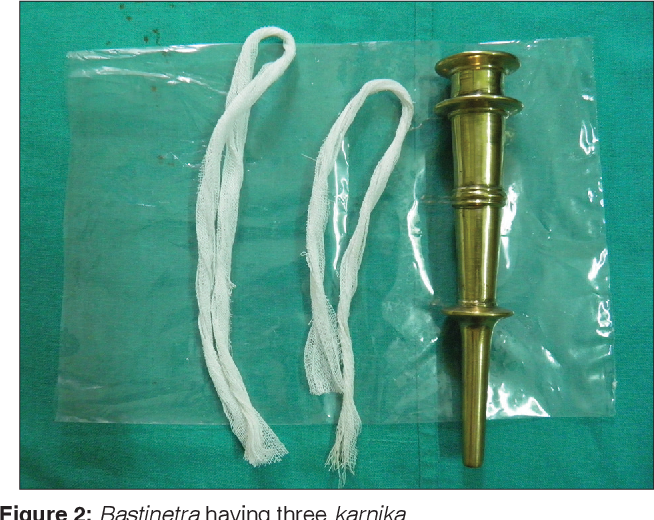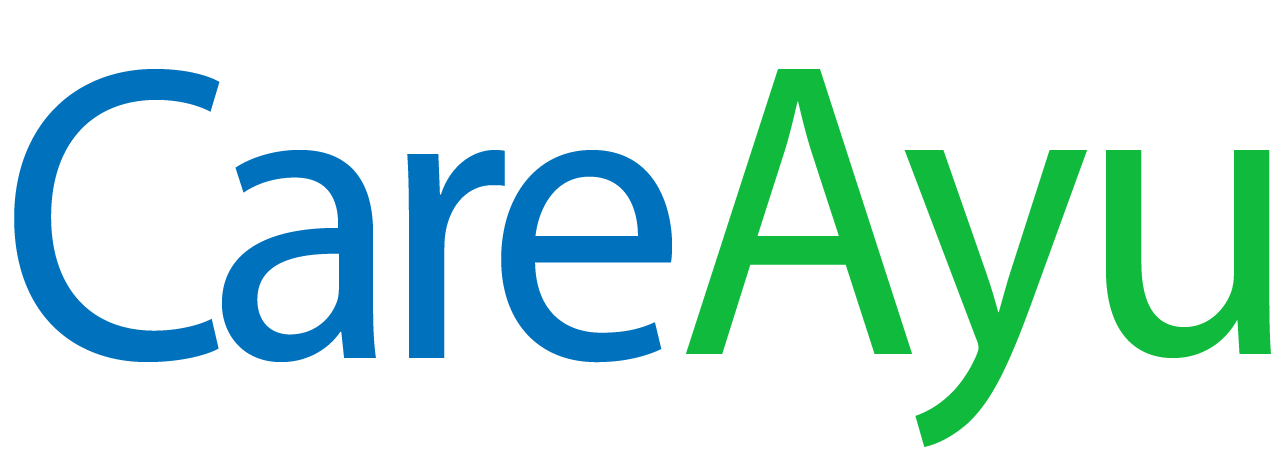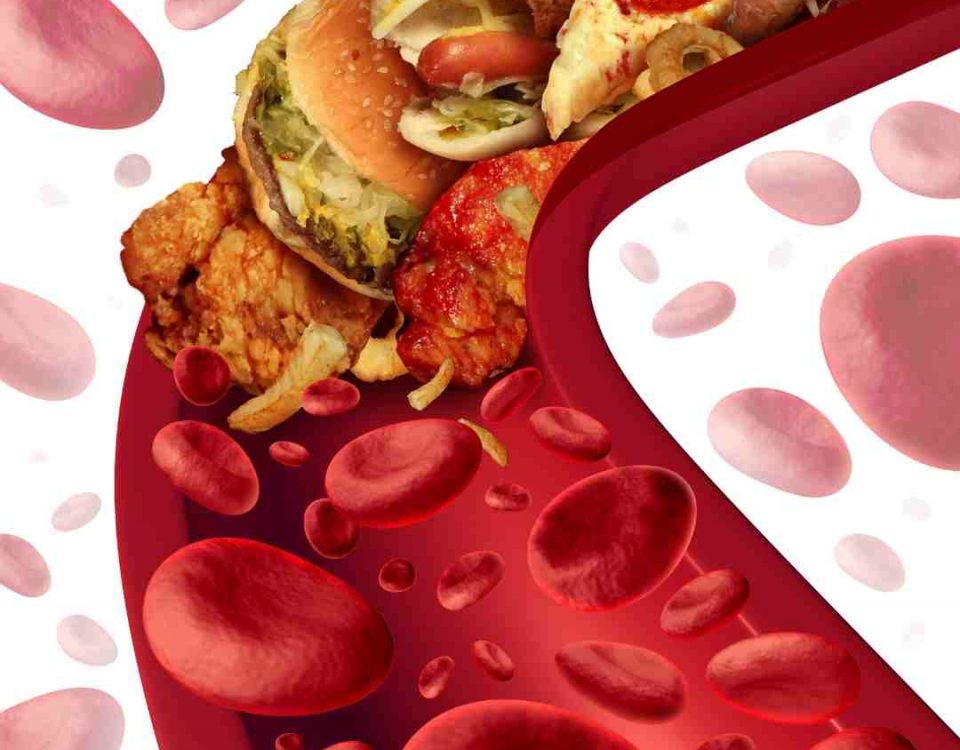- Connect Whatsapp
- +917012232608
- admin@careayu.com
Basti in Ayurveda

Lichen Planus treatment in Ayurveda
May 9, 2022
Home remedies for nausea
May 9, 2022Table of Contents
- Basti in Ayurveda
- Preparation of patient before basti
- Composition of basti
- Route of Administration
- Mode of action
- Basti performs two functions:
- Therapeutic benefits of basti therapy
- Basti Contraindication:
Basti in Ayurveda

Basti in Ayurveda is one of the most significant therapies in Panchkarma, or the “lord” of all Ayurvedic treatments. It is known as shodhana therapy, which cleanses all accumulated toxins from the body and is a very active treatment for all disorders caused by Vata imbalance, according to ancient Ayurvedic literature. The major element of Asthapana/Niruha basti is a decoction of herbs, whereas in Anuvasana basti, oil or another sneha (oleaginous material) is a vital part to allievate Vata dosha.
In Niruha basti, the decoction must be prepared by a trained Vaidya, and vaidya surveillance is essential throughout administration. In order for the basti dravya to reach the proximal colon as a homogeneous emulsion, it must apply optimal and consistent positive pressure while preserving particular basti-danakala time in the direction.
Preparation of patient before basti
- The individual undergoing the treatment may eat as per the kind of basti that he or she is advised.
- The individual is positioned on a droni, given Abhyanga with appropriate medicated oil, and Nadi Swedan (localised steam) is applied to the lowe abdominal area.
- The individual is advised to rest in a comfortable left lateral posture, with his left leg loosened up or stretched out before him, his right leg folded in front of him and his left hand held under his head.
- A soft, basic rubber catheter is placed into the anal region after it has been lubricated.
- Oil, kashayam, or basti fluid is gently injected into the rectum via an enema pot or Putak or Glycerine syringe.
- Person must lie down for a few minutes in a supine position.
- Nutritional advice is also given after the procedure
Composition of basti
For kashaya Basti in Ayurveda, a mixture made up of honey, saindhav lavana, sesame oil, kalka(herbal paste), and warm kashay but prepared in the proper ratio specified in the texts. Oil basti is made up of several medicated oils blended with saindhav lavana per the patient’s Dosha and Prakruti.
Route of Administration
The vaginal route is preferred to treat the diseases related to reproductive system in women, whereas the anal route is preferred treat other diseases in body in males and females both.
Mode of action
Vata is the primary dosha in Ayurveda, and when it is out of balance in the body, it can have serious health consequences. Vata can cause a number of ailments if it interferes with the body’s natural processes. To eliminate associated poisons and wastes from the body, Basti in Ayurveda employs the Vata dosha’s Anulomana (Natural direction of Vata). The large intestine is the primary location of the Vata, which is cleansed by basti. Basti in Ayurveda helps to balance the Vata dosha by removing toxins and waste from the dhatus.
Basti performs two functions:
it eliminates deviated doshas and it nourishes the body.
- Its main function is to facilitate the expulsion of morbid compounds that participated in the illness process into the colon, and where they are finally eliminated.
- Second, it has to do with Basti medicines’ ability to be absorbed and exert a systemic effect. The enteric nervous system, which is found in the gut, has its own thought process. It is completely confined within the gut wall, which starts in the oesophagus and extends to the anus. It is considered to have a substantial influence on both human happiness and sadness.
Many GIT illnesses, such as colitis and IBS, are caused by issues with the gut’s brain.
Therapeutic benefits of basti therapy
Vata dosha is responsible for the onset of all ailments. Basti in Ayurveda is still the most effective treatment for problems of the stomach and nerve system. Basti’s health benefits have been discussed in a variety of ways in the literature. In practice, Basti has successfully treated long-term constipation, Sciatica, Rheumatoid arthritis, Gout, Joint problems, Hemiplegia, Autoimmune disorders, PCOD, Alzheimer’s and Parkinson’s disease, Multiple Sclerosis, Nerve and muscle Myopathy and Atrophy, Connective tissue ,Cardiovascular diseases and Autonomic disorders. It also aids in the normalization of the chakras, which helps to balance energy levels. It cleanses the body of non-essential chemicals and improves cellular metabolism. As a result, health can be achieved at any age.
Basti Contraindication:
Some conditions are not favorable for administration of basti:
- Fever
- Indigestion
- Obesity
- Pregnancy
- Bleeding disorders
- Menstrual cycle
- Anal region injury

